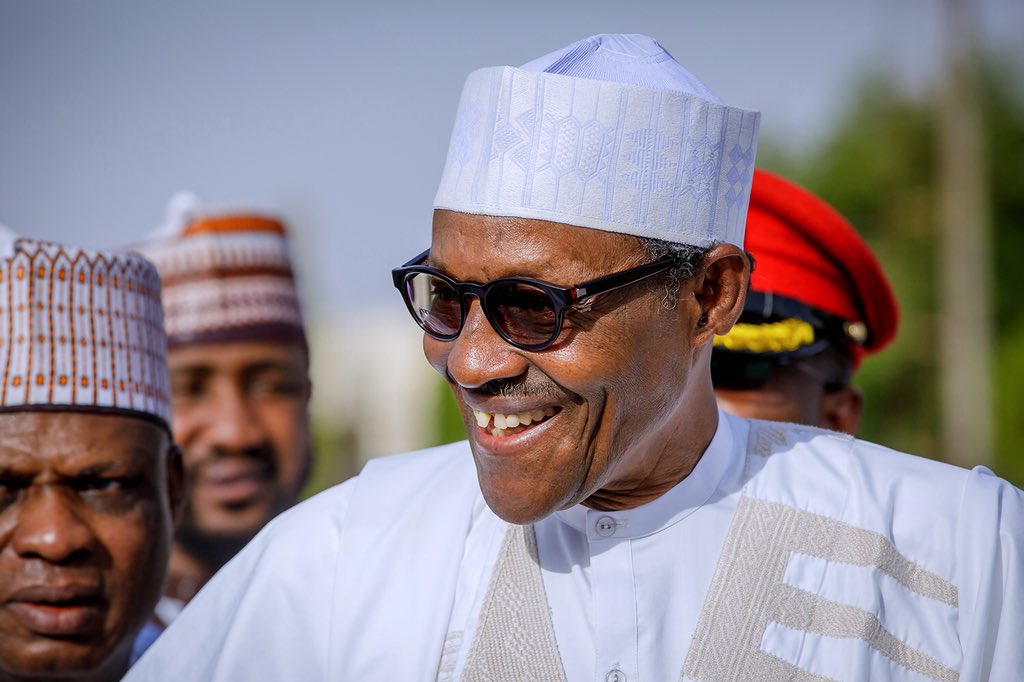
• Says bill full of errors, seeks quick legislative revision
• PDP kicks, urges N’Assembly to override decision
• Party rules out automatic tickets amid protest
• INEC raises the alarm over 10m uncollected PVCs
President Muhammadu Buhari has for the third time declined assent to the Electoral (Amendment) Bill 2018.
“Mr. President is declining assent to the Electoral Amendment Bill, due to some drafting issues that remain un-addressed, following the prior revisions to the bill,” said Ita Enang, Senior Special Assistant to the President on National Assembly Matters (Senate).
The decision was communicated to the Senate and the House of Representatives in a letter dated August 30, 2018, Enang told State House correspondents yesterday.
Buhari “invites the Senate and House of Representatives to address these issues as quickly as possible, so that he may grant presidential assent to the Electoral Amendment Bill,” he said.
Highlighting some of the issues, Enang noted a cross referencing error in the proposed amendment to Section 18 of the bill.
“The appropriate amendment is to substitute the existing sub-section (2) with the proposed subsection (1A), while the proposed sub-section (1B) is the new sub-section (2A). The proposed amendment to include a new Section 87 (14), which stipulates a specific period within which political party primaries are required to be held has the unintended consequence of leaving Independent National Electoral Commission (INEC) with only nine days to collate and compile lists of candidates and political parties, as well as manage the primaries of 91 political parties for the various elections.
“This is because the Electoral Amendment Bill does not amend sections 31, 34 and 85, which stipulates times for the submission of lists of candidates, publication of lists of candidates and notice of convention, congresses for nominating candidates for elections.”
The aide, however, refused to answer questions on the implication of the president’s rejection in view of the already scheduled 2019 elections.
Reacting, the opposition Peoples Democratic Party (PDP) said the veto did not come as a surprise, since Buhari’s commitment to credible 2019 polls was mere lip service. It, therefore, urged the National Assembly to override the decision.
Some observers however may view Buhari’s action as taking the battle to the National Assembly, requiting their refusal to reconvene and consider some executive bills, including the INEC election estimates.
Signs that the president was not favourably disposed to the amendments emerged when he complained that the National Assembly lacked constitutional powers to announce the sequence of election.
The constitution stipulates that any amendment to the Electoral Act must be done within six months to the next election. With less than six months to February, there is not much the National Assembly can do to repair the blow to the bill.
Given that the two chambers of the federal legislature are embroiled in internal divisions, following the defection of members to rival platforms, it would be near impossible for the lawmakers to meet and override or veto the president.
Also, the National Assembly is on recess until September 25, 2018. By the time it reconvenes, the six-month constitutional window would have been shut against any legislative rescue mission.
The intrigues ahead of next year’s elections also witnessed another episode yesterday, as the leadership of the PDP ruled out automatic tickets for all members.
National Publicity Secretary Kola Ologbondiyan made the disclosure during a live television programme, countering claims that some influential members have been assured of automatic tickets. Not even delegates would be allowed to emerge on such a basis, he affirmed.
The declaration came as some protesters stormed the party’s Abuja secretariat, demanding free, fair and transparent primary elections across the states. They criticised an alleged plot by the leadership to hand out automatic tickets to PDP senators and House of Representatives members.
Also, Senator Suleiman Hunkunyi (PDP, Kaduna State) faulted the planned direct primaries of the All Progressives Congress (APC). Hunkunyi, who defected to the PDP last July, described the ruling party’s decision as deceitful. He wondered why “a party, which never conducted transparent state congresses, now wants to deceive Nigerians with direct primaries.”
INEC, meanwhile, has expressed dismay at the large number of uncollected Permanent Voter Cards (PVC).
“Before the end of the Continuous Voter Registration (CVR), the commission, as at last week, had 10 million uncollected PVCs in its possession,” a national commissioner, Soyebi Adedeji, disclosed at the Nigeria Civil Society Situation Room Dialogue on Osun Election, held in Abuja.
“People need to come and collect their PVCs. It is not just about registering; collection is the most important thing. When people register, the collection is always less than 50 per cent. We need to find a way out, so we have decided to partner with the Nigerian Communications Commission (NCC), to alert Nigerians on the status of their cards,” Adedeji said.
[ad unit=2]



